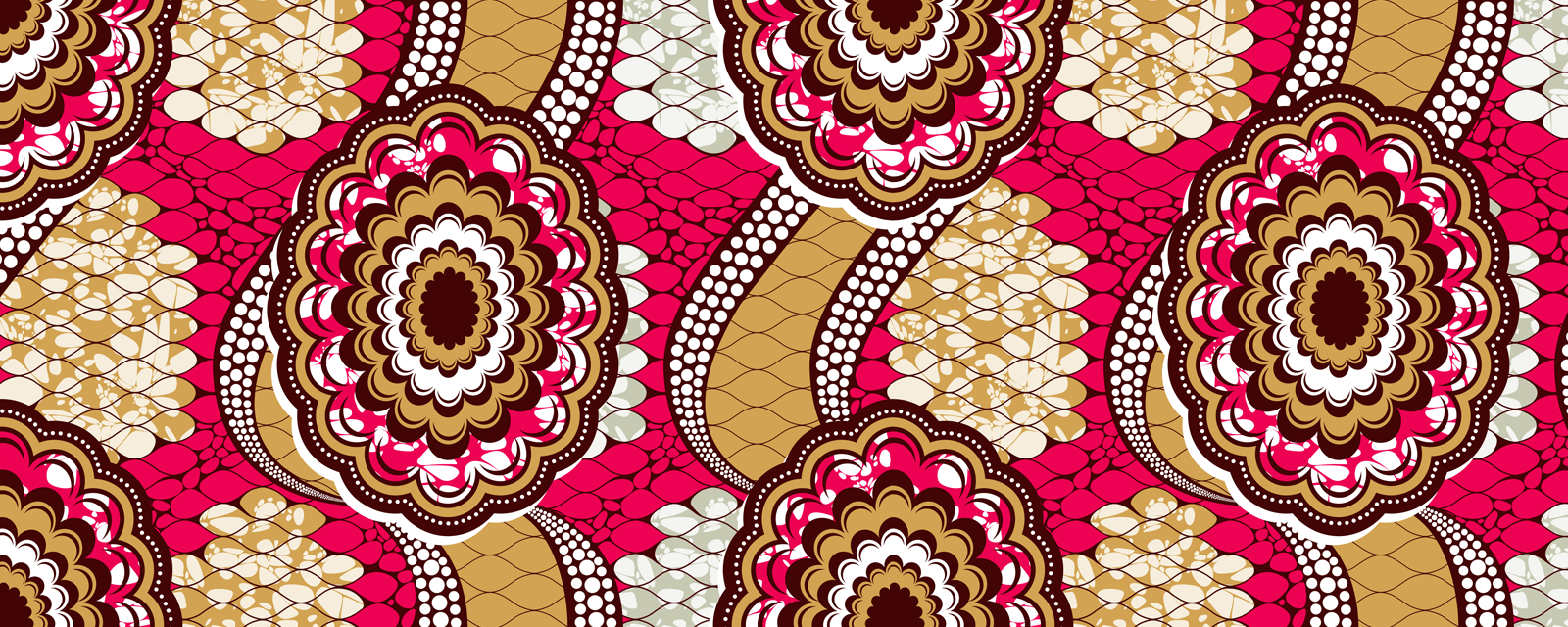This is a modern poem by Aremu Adams Adebisi on the theme of the legend that surrounds the 12th century Yorùbá princess, Moremi Ajasoro. Moremi was married to the Yorùbá king Oranmiyan who ruled the kingdom of Ile-Ife. Ile-Ife had been at war with a neighbouring tribe for many years, who the Yorùbá referred to as ‘the Forest people’ (Ìgbò in the Yorùbá language, though the said tribe is believed by scholars to have had no relation to the contemporary Ìgbòs of modern Nigeria).
Tired of the regular raiding parties that the Igbo were sending into Ile-Ife to capture slaves, Moremi ventures to a sacred stream to consult with the local river spirit, Esimirin. The river spirit suggests that Moremi allow herself to be captured by the Igbo so that she may infiltrate their society and discover their weaknesses. Esmirin offers to protect Moremi in this venture, but demands eventual payment in the form of a sacrificial offering. Moremi makes a pact with the river spirit to offer the richest sacrifice she can afford upon the successful completion of her mission.
During the next Igbo raid Moremi allowed herself to be captured and integrated herself into Igbo society, eventually becoming chosen for her beauty as the bride of the ruler of the Ibgo kingdom. The Igbo warriors would wear battle costumes made from raffia palm and other highly-flammable grass when going raiding. After familiarising herself with the secrets of the Igbo army, Moremi escaped to Ile-Ife and revealed their weaknesses to the Yorùbás. The Yorùbá armed themselves with burning torches to ignite the Igbo battle costumes and repelled them on their following raids.
Having defeated the Igbo, Moremi went back to the river and made offerings of sheep, fowls, and bullocks to the spirit Esimirin. However, the river-god was not satisfied and reminded Moremi that she had promised of offer the very richest sacrifice she could afford. Eventually Moremi realised that the river spirit was demanding to receive the sacrifice of Ela Oluorogbo, Moremi’s only son, and although devastated she consented. The people of Ile-Ife were saddened and promised to be her sons and daughters for ever, to make up for her loss.
In 2016, Moremi’s heroism was celebrated as part of the Edi festival in Ile-Ife with the unveiling of a statue of her standing with a flaming torch in her hand. The statue is the tallest in Nigeria and photos can be found here.
In the land of Ife, (1)
A very long time really,
There lived a queen, fair;
Her name, Moremi.
Some said she was a warrior,
Others said she was ethereal,
What some would snarl rather
Was that she was imperial.
Ife prospered as a nation
Under her rulership.
She along with Oranmiyan (2)
Ruled with learned quip.
The Igbos, a tribe under Ife’s nest,
Masked with weeds and seeds;
They laid waiting in the forest
And stabbed with their deeds.
The people sought for balancing,
Moremi vowed to an abettor:
A living one for the spirit, Esimirin,
Should she go, see and conquer.
She was captured as willed
By the Igbos on the loose;
What a slave beauty filled;
A present meant for Zeus.
Here was a gift for the throne;
A tiding for his seat.
He, being dazzled with her tone,
Gave away the secret.
In the ensuing war, you see,
Between the Igbos and Ife,
Moremi fought with verity,
Ife battled with her dare.
It was a conquest on records
The Igbos were deadly dazed.
Though thousand fought with swords,
Moremi would be praised.
The battle has ended,
The end just begun:
The part of the vow said
Must not be seen as fun.
A fat cow served as a tender,
This request was not fit;
Moremi words were literal
Esimirin meant opposite.
The river spirit voiced in sea:
‘Yes, this cow is a breathing ton.
But, Ela Oluorogbo, your only (3)
Son, is a living one.
She did not have to be
A wailing mourning mother,
For the town has pledged the glee
Of becoming her children forever.
When her rays dimmed on Ife,
After death she still is known;
Her lifeless flesh and wear
Were moulded into stone.
The moral of this story
Is that persons make see
What a person will be.
Moremi is a lesson.
by Aremu Adams Adebisi
Footnotes
- Ife: The seat of the Yorùbá empire.
- Oranmiyan: Oranmiyan Omoluabi Odede, Yorùbá king of Ile-Ife.
- Ela Oluorogbo was the son of Moremi.
- Olus: Itsekiri Kings

